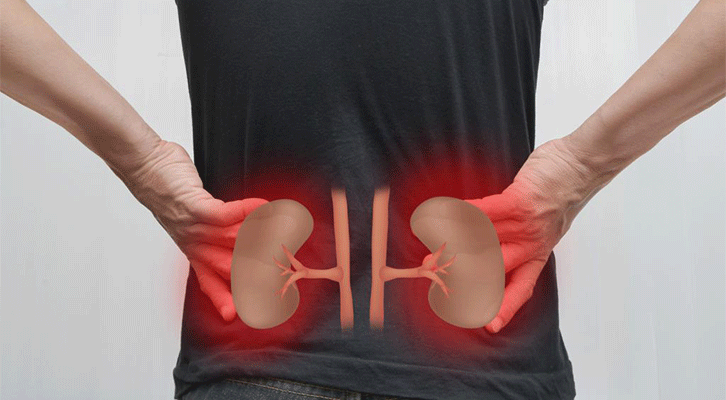
Best Kidney Disorder Treatment in Pune
A healthy body depends on the kidneys. In addition to filtering waste products from the blood, they also remove excess water and other impurities. Toxins are stored in the bladder and then removed during urination.
It is also the kidneys that regulate pH, salt, and potassium levels in the body. A hormone is produced by these cells that regulates blood pressure and controls the production of red blood cells. In addition, vitamin D is activated in the kidneys, which aids in calcium absorption.
What are Kidney Diseases?
Kidney disease Kidney disease means that your kidneys are damaged and aren't working properly. Chronic kidney disease occurs when kidney function slowly declines over time. Kidney failure, also known as end-stage kidney disease, can be caused by kidney disease. You will need dialysis (artificial filtering) or a kidney transplant at this point.Mild to severe kidney disease can lead to kidney failure (also known as end-stage kidney disease).
Types of Kidney Diseases
- If your kidney suddenly stops functioning, you have acute kidney injury (AKI). A build-up of waste products in the blood can cause this condition within a few hours or even a few days.
- The term chronic kidney disease (CKD) refers to the gradual failure of your kidneys over a period of months. Dialysis or a kidney transplant may be necessary to survive this condition over time.
- Diabetic nephropathy and kidney failure are caused by diabetic nephropathy and hypertension-related kidney disease.
- A condition that results in glomerulonephritis (glomerular disease) and nephrotic syndrome.
- A kidney infection, also known as pyelonephritis, is a type of urinary tract infection (UTI) that can permanently damage your kidneys.
- Disturbing acids and bases/disturbing electrolytes.
- A variety of vascular diseases can affect the kidneys, including.
What are main causes of Kidney Diseases?
Kidney Diseases Can Be Caused By:
- High Blood Pressure – Over time, This can put strain on the small blood vessels in the kidneys and stop the kidneys working properly
- Diabetes – Too much glucose in your blood can damage the tiny filters in the kidneys
- High Cholesterol – This can cause a build-up of fatty deposits in the blood vessels supplying your kidneys, Which can make it harder for them to work properly
- Kidney Infections
How is kidney disease diagnosed?
Dr. Komal Kulkarni will initially take your medical history, conduct a physical examination, ask about any medications you are currently taking, ask about any symptoms you are experiencing, and inquire if any of your family members have kidney disease.
Ultrasound, magnetic resonance imaging (MRI), and computerized tomography (CT) scans may be used to look for problems with your kidneys' size and structure. Depending on the type of kidney disease or the amount of kidney damage, your doctor may order a kidney biopsy. During this procedure, a piece of kidney tissue is removed and examined under local anesthesia.
How can Kidney Diseases be prevented
If you have Diabetes or High Blood Pressure , The best way to prevent CKD is to work with your doctor to control your blood sugar and blood pressure. Diabetes and high blood pressure are the two most common causes of CKD.
Other Ways To Help Protect Your Kidneys Are To:
- Talk to your doctor about getting tested if you have any risk factors for CKD.
- Make healthy choices, such as eating healthy foods and being active.
When to See a Doctor?
When you notice that you are more tired than usual, having trouble sleeping, your skin is dry and flaky, your eyes are puffy, and experiencing other symptoms like these, you should consult a doctor.
